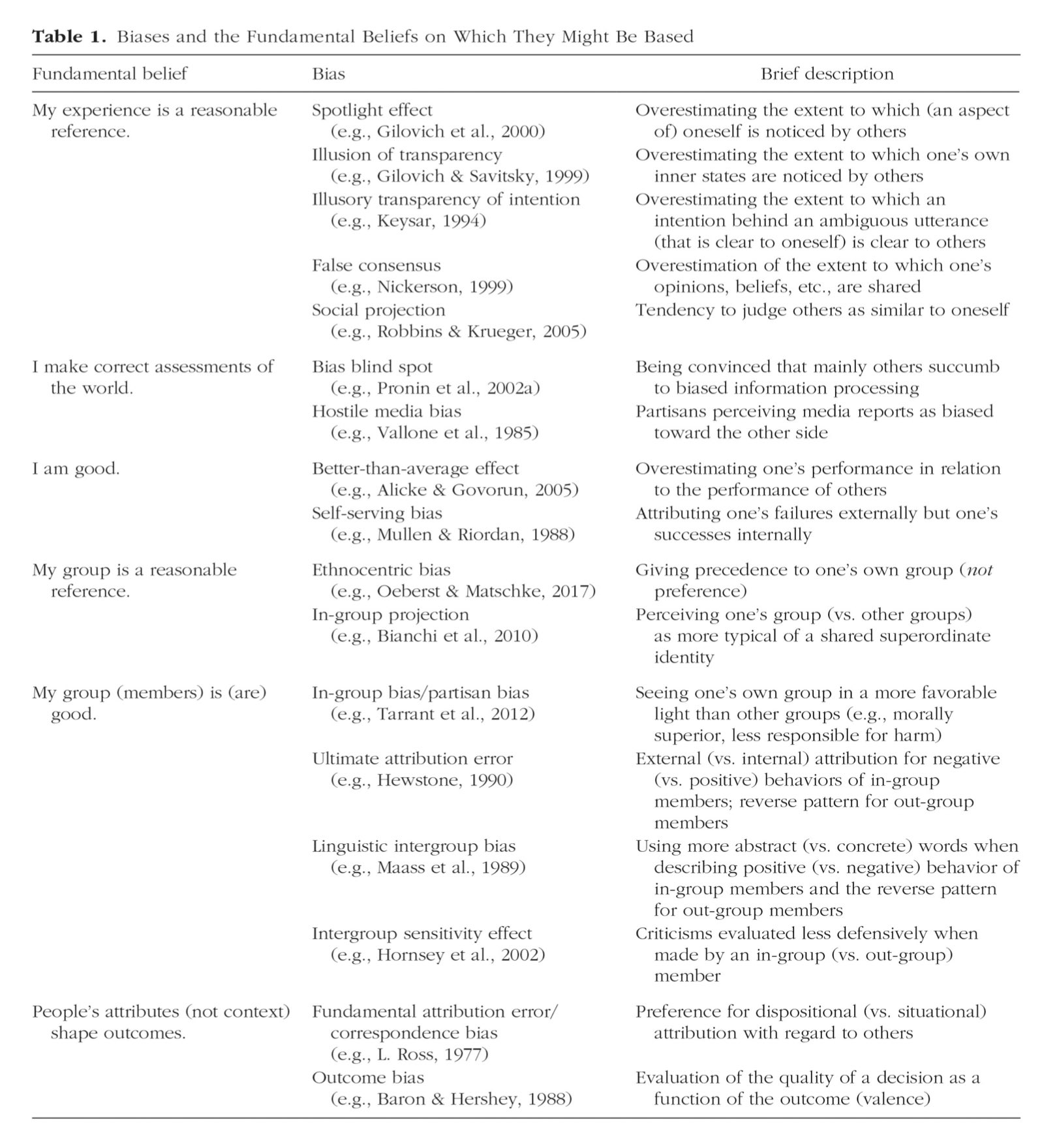 Over the weekend of the ninth of August, I listened to 2 episodes of Andrew Eager’s podcast which function conversations with a few well-known folks from our personal area of labor and workplaces. One was Julia Hobsbawm and the opposite Dror Poleg. It appeared that Julia had launched Eager to Dror so a hyperlink between the 2 existed. One other hyperlink fashioned in my thoughts as I listened: the unstated position of privilege underpinning each conversations. albeit in several methods.
Over the weekend of the ninth of August, I listened to 2 episodes of Andrew Eager’s podcast which function conversations with a few well-known folks from our personal area of labor and workplaces. One was Julia Hobsbawm and the opposite Dror Poleg. It appeared that Julia had launched Eager to Dror so a hyperlink between the 2 existed. One other hyperlink fashioned in my thoughts as I listened: the unstated position of privilege underpinning each conversations. albeit in several methods.
Now, Julia had a genuinely privileged upbringing by most requirements. The daughter of a world-renowned historian, her interview begins with an anecdote about being buddies with Jessica Mitford whereas working as Maya Angelou’s publicist in her 20s.
However I do know Julia barely, so I can say that the interview itself was largely characterised by Julia’s humility, nuanced considering and universalism. For instance, she is sceptical of the voguish thought of a four-day week for most of the similar causes I’ve, although my very own upbringing was very completely different certainly. Julia gives the look that she understands {that a} 4 day week is an thought solely relevant for a minority.
Dror’s dialog was – because it normally is – fascinating, well-informed and huge ranging. I observe his work and am at all times impressed, though I don’t at all times absolutely perceive some topics that lie outdoors of no matter experience I could have. However he tends to fall into the frequent entice of constructing grand pronouncements that may solely be true of you ignore the existence of lots of people. It is a completely different type of privilege to Julia’s, however privilege it’s. Decide for your self.
We’ve seen loads of this sort of factor during the last 5 years. Almost each grand pronouncement yow will discover about distant work, four-day weeks or no matter depends on some type of privileged considering.
They’ll’t be categorised as luxurious beliefs, primarily based on Rob Henderson’s well-known definition. Let’s name them privileged beliefs. And I believe they betray two deceptive methods of considering. One is to imagine that it’s OK to disregard the vast majority of folks as a result of they don’t matter indirectly. I gained’t accuse Dror of this. The opposite is to imagine that the experiences and preferences of the individual making the pronouncement apply universally, or to sufficient folks to make the pronouncement ‘true’ for folks like them. That is the extra frequent of the 2 fallacies.
It’s usually signposted by an announcement that one thing is useless, or dying. Julia’s episode is certainly titled The Demise of the American Means of Work. Equally, an article Bloomberg has simply declared that Loyalty is Useless, primarily based solely on the experiences of individuals at AT&T, Uber, Shopify, and Meta.
One other instance of how this works and what’s incorrect with it’s this piece by John Preece and Domino Risch titled The Desk is Useless. Now, the article itself is extra considerate than the dumb headline, however it’s nonetheless reliant on a string of privileged beliefs. Most significantly it ignores the place most individuals in office-based jobs work; in mundane environment incorporating primary workplace furnishings, gray / blue carpets and a few crops and photos to cheer the place up.
The gross sales figures for workplace fit-out again this up. Nearly all of folks working in places of work haven’t begun to work within the kinds of places of work being declared useless in articles like this, by no means thoughts the hotel-like areas that might render them out of date.
After all, it could be tiresome to caveat each opinion anyone has with an acknowledgement that it solely applies to a minority of individuals, but when you’ll pronounce on the loss of life of the workplace, or the five-day week, the desk, loyalty or the way in which of labor of the world’s largest financial system, you higher had.
Replace: Julia was gracious sufficient to introduce me to Andrew Eager who invited me on to the podcast to discover these concepts and bloody properly clarify myself. Pay attention right here
A distorted actuality
The explanation this type of stuff goes on shouldn’t be solely right down to solipsism or snobbery. It’s rewarded by social media, that means after all by folks. Adam Becker makes this very level in his guide Extra Every thing Endlessly in regards to the distorted methods during which the tech sector and particularly proponents of AI see the world and its inhabitants.
“A merciless irony of the trendy world seems to be the detrimental correlation between many individuals’s curiosity in know-how and their curiosity in folks and the way they stay their lives,” he writes. “It’s equally ironic that the general public who’re in sectors the place their roles rely on understanding how regular folks stay additionally are inclined to stay a few of the most irregular lives.
“The best alternatives on the planet at this time come from understanding the wants of regular folks. We’ve been tricked into considering that each one know-how begins as a toy for wealthy folks earlier than shifting down, and use this to disregard the realities of billions of individuals’s lives. We at all times take a look at goal markets in aspirational methods; we envision the lavish lives of Peloton homeowners, the wants of prosperous millennials in flats in Shoreditch or Williamsburg, over farmers in Kenya, or middle-aged accountants in small cities.”
Freddie de Boer explores this incapacity of what he calls ‘AI guys’ to acknowledge their solipsism and the realities of what work and life means for almost all of people who find themselves not like them in this Substack.
“I cannot relent,” he writes. “This era of AI hype is constructed on twin pillars, one, a broad and deep up to date dissatisfaction with fashionable life, and two, the pure human tendency to imagine that we stay in an important time attainable as a result of we’re in it. Our ongoing incapacity to outline communally-shared visions of lives which might be peculiar however noble and useful has left us terribly pissed off with the trendy world, and our sclerotic techniques persuade us that gradual constructive change is not possible. Therefore pillar one. And the actual fact that we’ve got a consciousness system, the fact of our lives as egos, of dasein, makes it very troublesome to keep away from considering that we stay in a particular place and particular time. Therefore the second pillar.”
We’re all topic to the intertwined forces of bias, solipsism and ego, which Steve Stuart Williams helps us to determine on this Twitter put up and this desk, which provides some fascinating context to most of the grand proclamations about work we see.
Acknowledging that our personal group shouldn’t be essentially a information to a lot past that group, and that our personal preferences and experiences are simply that, won’t simply assist us to have higher conversations about work and workplaces, it would assist us to know our fellow travellers higher and create higher outcomes for the various.
Bookmarks
The troubling decline in conscientiousness
The terrifying idea of stupidity you had been by no means meant to listen to
No person has a persona anymore
ChatGPT is eroding vital considering
The pitfalls of over prognosis

Mark is the writer of Office Perception, IN journal, Works journal and is the European Director of Work&Place journal. He has labored within the workplace design and administration sector for over thirty years as a journalist, advertising skilled, editor and marketing consultant.




